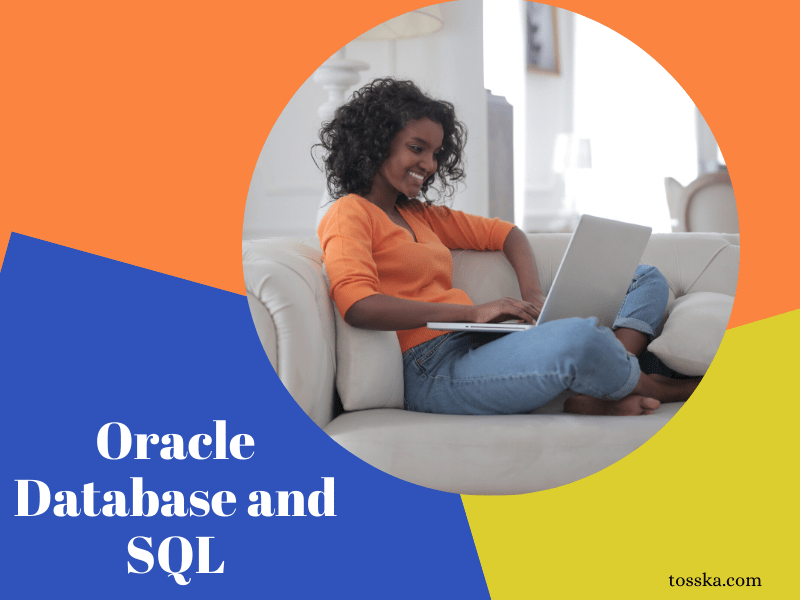Oracle Database and SQL: A Brief Introduction to Oracle


Oracle is a multi-model RDBMS or a Relational Database Management System. It was essentially created for grid computing in enterprises as well as data warehousing.
Oracle is among the primary choices for companies looking for economical solutions for data handling and the applications they use. In fact, Oracle database and SQL are among the most common combinations used in enterprises.
Table of Contents
Features of Oracle Database and SQL
Oracle and SQL are two words often referred to at the same time. So, what is the difference between Oracle and SQL? Simply put, Oracle is the Relational database management system, whereas SQL or Structured Query Language is the compatible query language used to interact with the database.
Take a look at some of the prominent features of Oracle:
- Flexibility and Productivity: Oracle offers functions such as portability and Real Application Clustering that result in a greater ability to adjust as per the organization’s usage. For databases involving several users, Oracle also enables data consistency and the advantage of carrying out tasks from multiple users at the same time.
- Accessibility: Many of its applications operate instantaneously, therefore needing constant data accessibility. Computing environments that provide high performance are also designed to enable data availability throughout the day. Data can be accessed even when there are scheduled or unexpected downtimes and lapses.
- Backup and Retrieval: Oracle has been created with data loss in mind, which is why it has several recovery features to help retrieve lost data in nearly every type of data failure. If an unfavourable event leads to failure, the database will have to be retrieved as quickly as you can to ensure high availability.
In Oracle, all those parts of data that have not been affected by the issue are made accessible immediately, while the affected ones are being retrieved.
- Data Protection: This is one of the most important aspects of any database management system. Oracle offers methods to secure data access and manage its utilization. Enforcing authorization and modifying user actions can keep the information safe from unauthorized access and provide access to only the right users.
What is the Oracle Database Used For? Know its Importance
Oracle was created by one of the oldest companies to offer DBMSs, an organization with a constant focus on the fulfillment of the data-based requirements of other organizations. This is why its products come packed with updated features to meet the growing needs and expectations of database administrators.
Now that we’ve discussed some of the most important features of Oracle, let’s know how they make Oracle an option worth choosing over its competitors. Let’s take a look at some of its major perks:
- Excellent Performance: It has various mechanisms and concepts that ensure high performance. Users can conduct performance tuning in their organizational database to further improve the speed and efficiency of data retrieval and manipulation.
- Several Databases: This RDBMS facilitates the management of several database instances on the same server. This is done through the Instance Caging method that handles CPU resources being allocated to the server operating the database instances. This technique works alongside the database resource manager to take care of numerous services across multiple instances as well.
- Real Application Clusters: The use of Real Application Clusters guarantees a robust system with data that is always accessible. Here are some major benefits of an RDBMS with RAC over conventional databases:
- Adjusts the scale of the database through several instances
- Maintains a balance of loads
- Reduces data redundancy and improves availability
- Adaptable to fluctuating processing capacities
- Restoration in the Event of Failure: The recovery manager (RMAN) is designed to recover and retrieve database files when the database is affected by a power shortage or another type of impediment. It works in multiple ways: online, by archiving backups, and performing regular backups. Users also use other tools that work excellently for Oracle, such as SQL* PLUS (which is a type of user-managed recovery).
- PL/SQL: Oracle database and SQL support the PL/SQL extension for methodological programming.
To Conclude
Oracle is certainly one of the most powerful RDBMSs that caters to the requirements of applications at both small as well as enterprise levels. This database server management software contains all the functions needed to assist and accommodate modern applications, which is why it is widely used even today.





